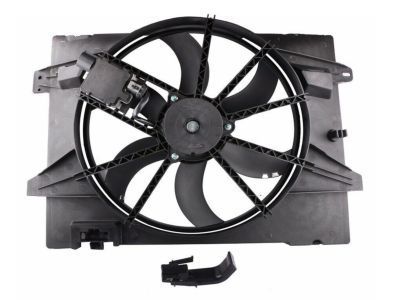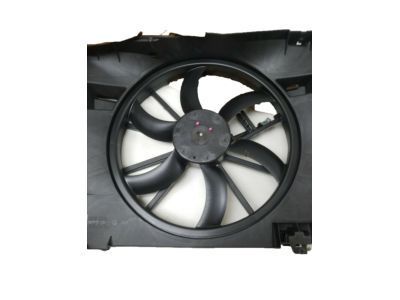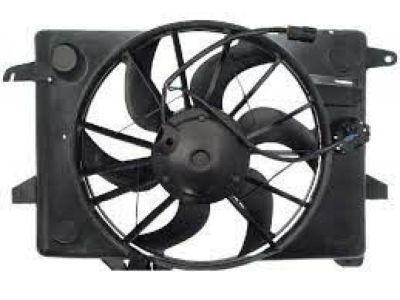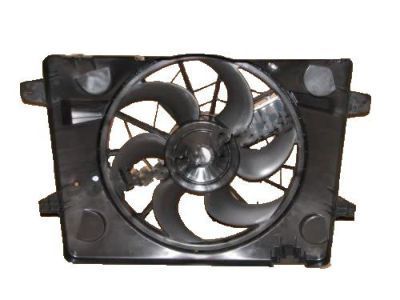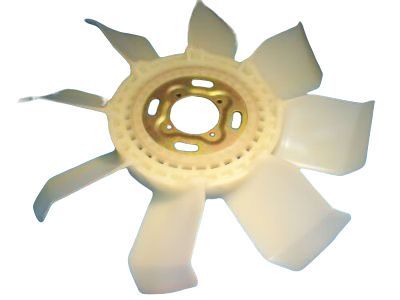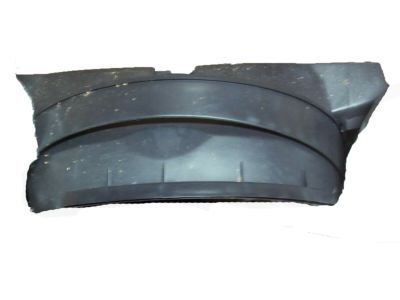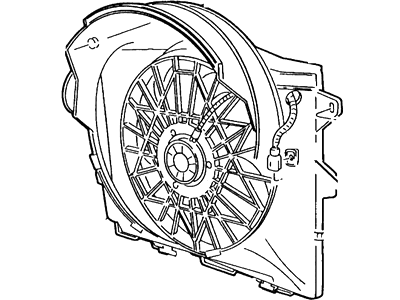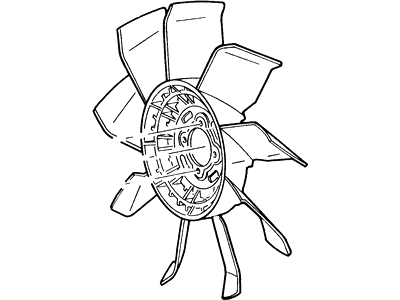×
- Live Chat
- 1-888-788-9341


My Garage
My Account
Cart
Genuine Ford Crown Victoria Engine Cooling Fan
Radiator Fan- Select Vehicle by Model
- Select Vehicle by VIN
Select Vehicle by Model
orMake
Model
Year
Select Vehicle by VIN
For the most accurate results, select vehicle by your VIN (Vehicle Identification Number).
8 Engine Cooling Fans found
Ford Crown Victoria Motor And Fan Assy - Engine Cooling
Part Number: 8W1Z-8C607-B$195.11 MSRP: $325.45You Save: $130.34 (41%)Ships in 1-2 Business DaysFord Crown Victoria Motor And Fan Assy - Engine Cooling
Part Number: 7W1Z-8C607-B$195.11 MSRP: $325.45You Save: $130.34 (41%)Ships in 1-2 Business Days
Ford Crown Victoria Engine Cooling Fan
We provide a wide range of Ford Crown Victoria Engine Cooling Fan at the best prices possible. If you need Ford Crown Victoria Engine Cooling Fan, you can shop with confidence on our website. All our OEM parts come with a manufacturer's warranty and are delivered to your door step with a fast delivery service.
Ford Crown Victoria Engine Cooling Fan Parts Questions & Experts Answers
- Q: How to inspect and replace a mechanical or electric cooling fan on Ford Crown Victoria?A: Start by disconnecting the battery cable to check the mechanical cooling fan. Carefully watch out for any leaks, deformities or grease leakage on the fan clutch assembly. Replace it if need be. Test for bearing play rocking the fan back and forth with your hand. After that, connect the battery and start the engine; let it run until it reaches normal operating temperature then turn it off. Check if there is any drag when turning the fan by hand. In case there is no drag, replace the fan clutch. Warm up the engine and see if electric cooling fan comes on. If not, check the fuse and relays. Assess its motor by directly connecting to battery terminals. Replace if necessary. This happens through loosening bolts or hex nuts before removing mechanical fans. Remove both the shroud and fan assemblies. When dealing with electric fans, you should drain system fluids first. Disconnect the electrical wires of the connector together with cooler lines of transmission. Reverse installation steps accordingly while at the same time refilling system fluids.
Related Ford Crown Victoria Parts
Browse by Year
2011 Engine Cooling Fan 2010 Engine Cooling Fan 2009 Engine Cooling Fan 2008 Engine Cooling Fan 2007 Engine Cooling Fan 2005 Engine Cooling Fan 2004 Engine Cooling Fan 2003 Engine Cooling Fan 2002 Engine Cooling Fan 2001 Engine Cooling Fan 2000 Engine Cooling Fan 1999 Engine Cooling Fan 1998 Engine Cooling Fan 1997 Engine Cooling Fan 1996 Engine Cooling Fan 1995 Engine Cooling Fan 1994 Engine Cooling Fan 1993 Engine Cooling Fan 1992 Engine Cooling Fan
